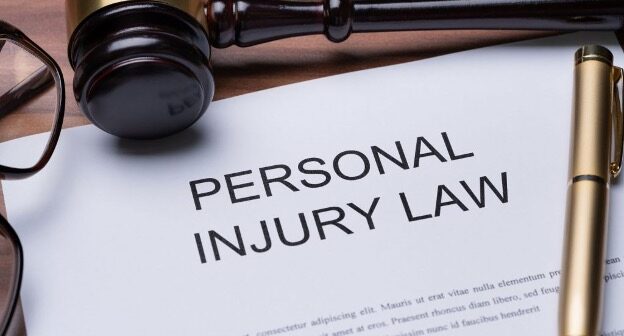When you suffer an injury due to another person’s negligence, they owe you compensation for the losses you experience. Some victims fear consulting personal injury lawyers, assuming the court proceedings will take months.
On the contrary, most personal injury cases are settled through alternate dispute resolution methods (ADR), like mediation. In this method, each side agrees to use a neutral third party (mediator) to resolve the claim without going to court. It’s important to hire a personal injury lawyer to avoid stress and help you negotiate a fair settlement.
Understanding how mediation in personal injury cases works is crucial. Here is a quick guide to help you get started.
A Guide to Mediation in Personal Injury Cases
Accident injuries can range from short-term injuries to life-changing catastrophic ones, like severe spinal cord injuries. An experienced personal injury lawyer can help you handle your case while you focus on your recovery.
Mediation allows both parties to come to an agreement without involving a judge or going to court. Here’s what the process entails:
1. Selecting a Mediator
Meditation can be voluntary, but sometimes a judge may order mandatory mediation before hearing the case in court. Your personal injury attorney and the at-fault party’s lawyer agree on who will be the mediator.
Your lawyer will investigate to ensure the mediator is a neutral person with an in-depth understanding of the mediation process and should be recognized as credible by both sides.
2. How Mediation Works
After the parties have agreed on the time, date, and location, the mediation process starts with all parties in the room.
Upon arrival, the mediator gives an introduction to all parties, ensuring they know each other and their roles in the case.
3. Signing of a Confidentiality Agreement
The signing of a confidentiality agreement ensures the details shared during mediation sessions remain confidential. If no settlement is reached and the case must proceed to trial, the information gathered during mediation won’t be used at trial. This agreement allows each side to speak freely and perhaps offer information they would not reveal in a courtroom.
4. Opening Statements
Once everyone signs the confidentiality agreement, the plaintiff’s lawyer makes their opening statement. Sometimes, the opening statements are two minutes long or a few hours long, depending on the evidence presented. The plaintiff’s lawyers can give either videos, photographs, records, or charts to justify the settlement demand.
Then, the defense’s opening statement presents an argument for what they think your compensation should be. Usually, you can count on the amount they present to be less than you truly deserve.
The defense attorneys use different tactics, like fear and intimidation, to lure you into accepting a low offer. However, with an experienced legal personal injury lawyer, you don’t have to worry about such strategies.
5. Mediation
Following the opening statements, the mediator breaks the parties into separate rooms. The mediator will meet with each side to discuss their goals in detail and share relevant information with each side. Your mediator will not disclose information you want to keep confidential from the defense, and vice versa.
The mediator may ask the defendant to highlight why the plaintiff should get less than they demand. They will then share with the plaintiff the valid reasons to help them make a better decision.
5. The Outcomes of Mediation in a Personal Injury Case
A successful mediation results in a decision that both parties agree on. The plaintiff signs a document stating that they will not pursue further legal action against the defendant, and the terms of the agreement are recorded.
The attorneys will prepare the necessary paperwork and file it in court. The court will review the terms of the agreement, and once all parties sign and the court issues its approval, the agreement is finalized.
Conclusion
If your mediation is unsuccessful, negotiations may continue. You may proceed to court if the efforts to produce a resolution fail.
Nevertheless, you may settle even as the court sessions progress. If not, the case will be decided by a jury.





